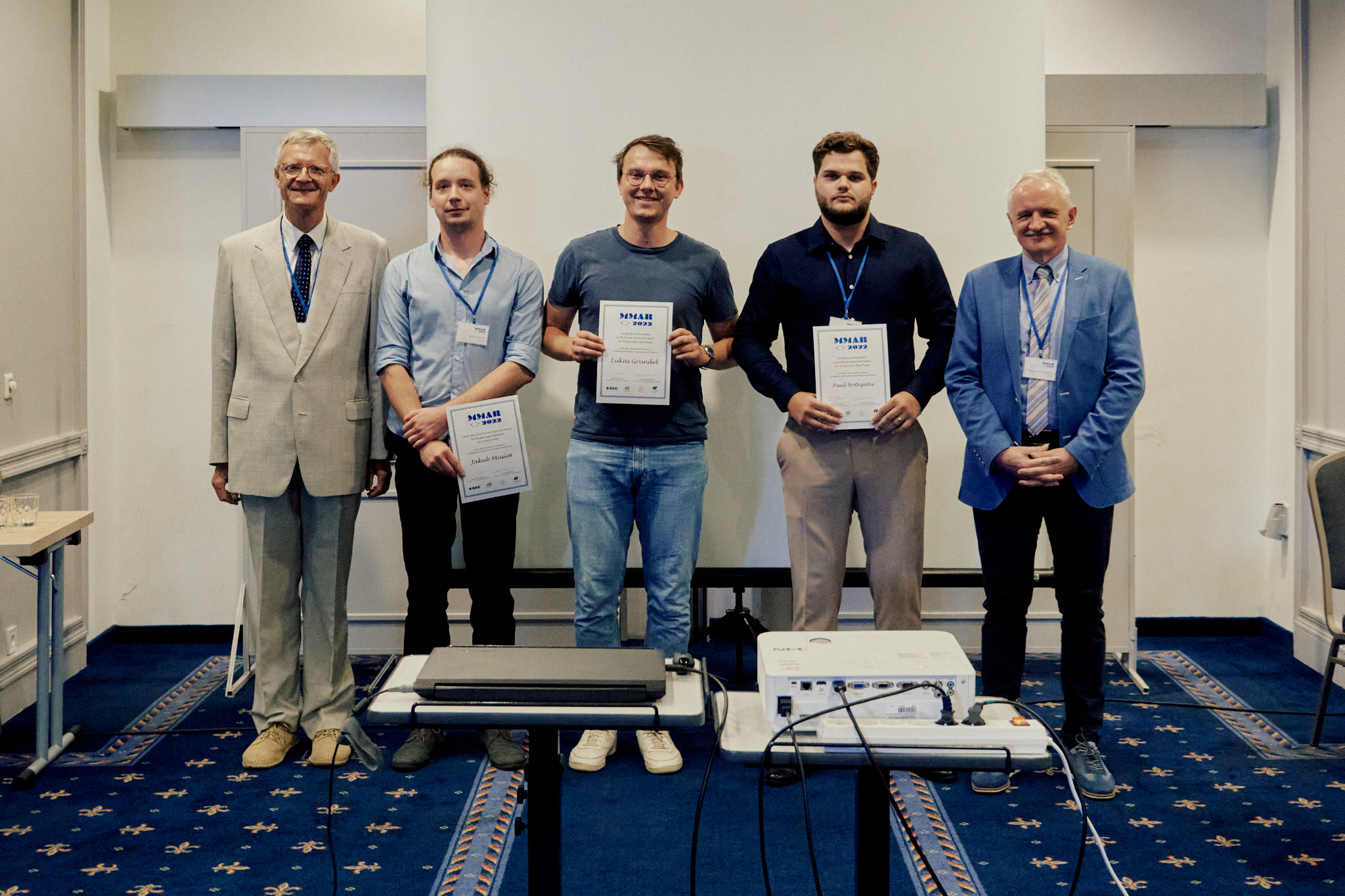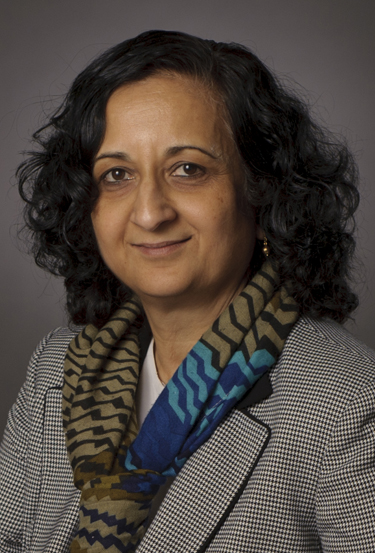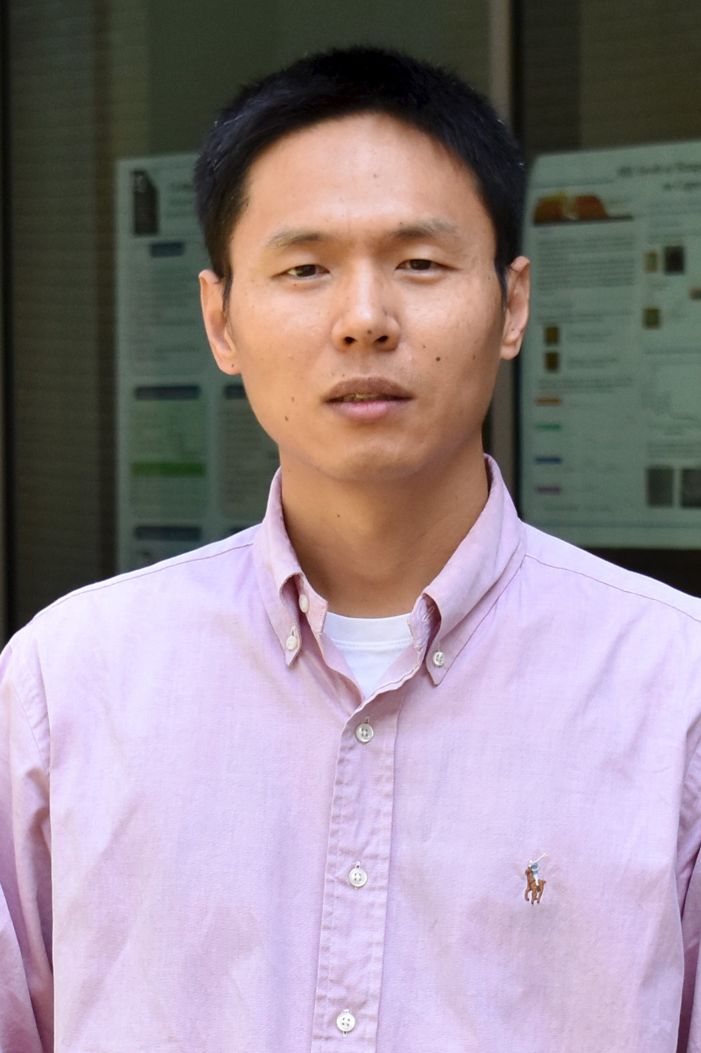MMAR 2022
MMAR 2022
Materials from the MMAR 2022:
 Full book of abstracts, with program Full book of abstracts, with program |
MMAR 2022 Young Author Prize

A total of 12 entries were submitted for the Young Author Best Paper competition this year. The IPC nominated for the prize Mr. Jakub Musiał of the Silesian University of Technology, Mr. Paul Botezatu of the Gheorghe Asachi Technical University of Iasi, and Mr. Lukas Gründel of the RWTH Aachen University Laboratory for Machine Tools. The main prize went to Mr. Jakub Musiał of the Silesian University of Technology for the paper “Implementation Aspects of Q-Learning Controller for a Class of Dynamical Processes”.
MMAR 2022 plenary lecturers
Maria Pia Fanti
University Polytechnic of Bari, Italy
Consensus Protocols for Connecting Autonomous Vehicles
|
Anuradha Annaswamy
Massachusetts Institute of Technology, MA, USA
Lessons from Adaptive Control: Towards Real-time Machine Learning
|
Wei Ren
University of California, CA, USA
Distributed Control, Estimation and Optimization in Multi-agent Systems: Algorithms and Applications
|
Jacek Kluska
Rzeszow University of Technology, Poland
Interpretable Fuzzy Rule-Based Systems for Adaptive Control and Data Classification
|
Maria Pia Fanti
 |
Maria Pia Fanti (IEEE Fellow and Fellow of the Asia-Pacific AIA) received the Laurea degree in electronic engineering from the University of Pisa, Pisa, Italy, in 1983. She was a visiting researcher at the Rensselaer Polytechnic Institute of Troy, New York, in 1999. Since 1983, she has been with the Department of Electrical and Information Engineering of the Polytechnic of Bari, Italy, where she is currently a Full Professor of system and control engineering and Chair of the Laboratory of Automation and Control.
Her research interests include modeling and control of complex systems, intelligent transportation systems, smart logistics; Petri nets; consensus protocols; fault detection.
Prof. Fanti has published more than +310 papers and two textbooks on her research topics. She was senior editor of the IEEE Trans. on Automation Science and Engineering and member at large of the Board of Governors of the IEEE Systems, Man, and Cybernetics Society. Currently, she is Associate Editor of the IEEE Trans. on Systems, Man, and Cybernetics: Systems, member of the AdCom of the IEEE Robotics and Automaton Society, and chair of the Technical Committee on Automation in Logistics of the IEEE Robotics and Automation Society. Prof. Fanti was General Chair of the 2011 IEEE Conference on Automation Science and Engineering, the 2017 IEEE International Conference on Service Operations and Logistics, and Informatics and the 2019 Systems, Man, and Cybernetics Conference.
|
Anuradha Annaswamy
 |
Dr. Anuradha Annaswamy is Founder and Director of the Active-Adaptive Control Laboratory in the Department of Mechanical Engineering at MIT. Her research interests span adaptive control theory and its applications to aerospace, automotive, propulsion, and energy systems as well as cyber physical systems such as Smart Grids, Smart Cities, and Smart Infrastructures. She has received best paper awards (Axelby; CSM), as well as Distinguished Member and Distinguished Lecturer awards from the IEEE Control Systems Society (CSS) and a Presidential Young Investigator award from NSF. She is a Fellow of IEEE and International Federation of Automatic Control. She is the recipient of the Distinguished Alumni award from Indian Institute of Science for 2021.
Anu Annaswamy is the author of a graduate textbook on adaptive control, co-editor of two vision documents on smart grids as well as two editions of the Impact of Control Technology report, and a member of the National Academy of Sciences Committee study that published a report on the Future of Electric Power in the United States in 2021. She served as the President of CSS in 2020. She has been serving as a Faculty Lead in the Electric Power Systems workstream in the MIT Future Energy Systems Center since September 2021.
|
Wei Ren
 |
Wei Ren is currently a Professor with the Department of Electrical and Computer Engineering, University of California, Riverside. He received the Ph.D. degree in Electrical Engineering from Brigham Young University, Provo, UT, in 2004. Prior to joining UC Riverside, he was a faculty member at Utah State University and a postdoctoral research associate at the University of Maryland, College Park.
His research focuses on distributed control of multi-agent systems and autonomous control of unmanned vehicles.
Dr. Ren was a recipient of the IEEE Control Systems Society Antonio Ruberti Young Researcher Prize in 2017 and the National Science Foundation CAREER Award in 2008. He is an IEEE Fellow and an IEEE Control Systems Society Distinguished Lecturer.
|
Jacek Kluska
 |
Jacek Kluska is a professor at the Rzeszow University of Technology. He earned his M.Sc. (Eng.) at Wroclaw University of Technology, Wroclaw, Poland, in 1977, and his Ph.D. in technical cybernetics from the same university in 1983. In 1995, Dr. J. Kluska became an associate professor, and in 2010, a full professor with the Department of Electrical and Computer Engineering, Rzeszów University of Technology, Rzeszów, Poland. In 1996-2002 he was vice-dean of Faculty of Electrical Engineering and Computer Science, and in 2005-2012, the vice-president for research of Rzeszow University of Technology.
He made short visits to several European universities, including the University of Covilha (Portugal), University of Birmingham (Great Britain), University of Sevilla (Spain), National Technical University of Athens (Greece), University of Bielefeld (Germany) and University of Florence (Italy). He is also a member of Editorial Boards of Applied Mathematics and Computer Science journal.
Dr. Jacek Kluska is currently chairman of the Intelligent Systems Section at the Committee on Automatic Control and Robotics of the Polish Academy of Sciences (PAS) and the second vice-chairman of the Scientific Council of the Institute of Systems Research of the PAS. He is also currently the chairman of the Scientific Council of the Discipline Technical Informatics and Telecommunications at the Rzeszow University of Technology.
His research interests include stability analysis of fuzzy control systems, fuzzy modeling and control, fuzzy Petri nets, computational intelligence, and machine learning methods in technical and medical diagnostics.
|
 Full book of abstracts, with program
Full book of abstracts, with program




